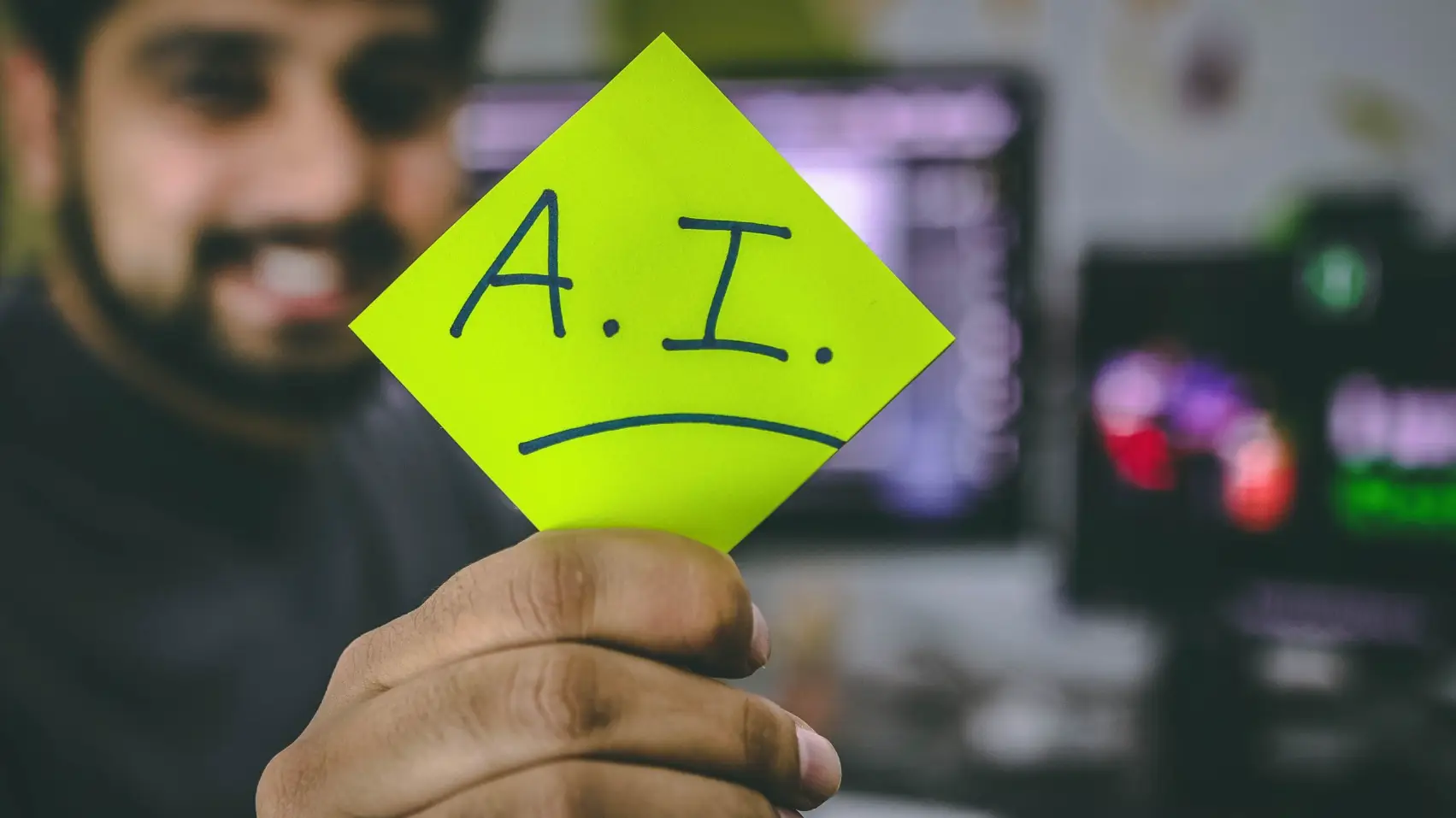Buckle up: Artificial intelligence (AI) has already invaded everyday Brazilian life like the aliens from Mars Attacks (1996), imploding certainties and exposing vulnerabilities. It is no coincidence that the same strange spaceship appears in Bacurau (2019). After all, Brazil always seems to be dealing with some kind of invasion—technological, political, cultural, or extraterrestrial. What is left for us amid this turbulence? Trying to escape the impact zone, while artificial intelligence regulation stumbles through Congress and the country watches—somewhere between perplexed and resigned—as the machines advance.
The challenge is monumental: how do we balance innovation, national sovereignty, fundamental rights, and legal certainty without falling back into the old “shortcut” dilemma? The debate is not new, but time is running out. We already have a patchwork of laws—the Access to Information Law, the Civil Rights Framework for the Internet, the General Data Protection Law—but we lack specific legislation for AI.
This, of course, is not just our problem. The deadlock over how to regulate artificial intelligence is global. Europe, the United States, and China are also groping for a model capable of balancing innovation and rights protection—without stalling growth or leaving the future in the invisible hands of the market. Recently, the Supreme Federal Court led a historic debate on the accountability of Big Tech. The message is clear: it is not enough to outsource decisions to algorithms or hope that digital giants will self-regulate. The state must step up—and society must demand it.
Since 2019, AI-related bills have been circulating in Congress. In 2022, a committee of legal experts submitted a report to the Senate that led to Bill 2338/2023, the so-called “Legal Framework for Artificial Intelligence in Brazil.” The bill went through an intense public consultation (35,806 votes in favor and 31,547 against), was approved by the Senate, and has been awaiting approval in the Chamber of Deputies since March 2025. Meanwhile, AI is advancing at full speed—no authorization required.
Abroad, the pace is different. According to Stanford’s AI Index and the 2024 Global Vibration Tool, the United States leads the global AI hiring rankings, followed closely by China and the United Kingdom. Brazil, though far from the top, stands out for its relative growth: it ranked second in hiring growth in 2024, up 30.8%, behind only India. Brazil’s AI ecosystem is expanding rapidly—which is either promising or alarming, depending on your perspective.
PwC’s “Value in Motion” report projects that AI could add up to 13 percentage points to Brazil’s GDP by 2035—if implemented responsibly and with public trust. In 2025 alone, the estimated impact is $130 billion. Big Tech, Big Data, Big Numbers: everything is superlative in the digital horizon. But while GDP dreams, citizens’ privacy and autonomy become bargaining chips. How can we trust technologies that use massive amounts of data without adequate regulation? This is prompting more and more people to reject conditions allowing their personal data—collected automatically by bots across thousands of websites—to be used to train AI.
The government, at least in theory, is trying to move forward. In 2021, it launched the Brazilian Artificial Intelligence Strategy (EBIA), acknowledging the cross-cutting impacts of the technology. But in practice, it faces two major obstacles: the difficulty of political coordination and the lack of sovereign infrastructure. The result? Slowness, dissonance, and a chronic feeling of regulatory déjà vu. The pace of technology is exponential; the pace of Congress is crawling.
Perhaps the greatest obstacle is the inadequacy of current regulatory tools: outdated laws trying to contain self-learning algorithms. The result is an ethical and legal vacuum where innovation runs rampant and consequences are deferred. As always, lobbying operates behind the scenes. And as if that weren’t enough, Brazil faces both historic and practical challenges—deficient infrastructure, outdated education, and a bureaucracy that Kafka could’ve imagined on his most inspired days.
AI’s progress can trigger crises across entire production chains, yet we still hear little about the massive environmental impact of widespread AI use. Data centers are springing up in Sergipe, Alagoas, São Paulo, Rio de Janeiro, and other states, in a kind of digital gold rush reminiscent of old extractivist cycles: too much haste, too little reflection.
When it comes to infrastructure, we remain dependent: we lack sufficient submarine cables and don’t produce our own chips. Meanwhile, Elon Musk’s Starlink covers 90% of cities in the Legal Amazon with satellite internet, reaching places the state can’t—including mining zones, according to Ibama. This is the vampirism of Big Tech: harvesting billions of dollars in data while we willingly offer up our blood, sweat, and privacy.
Still, it is crucial not to confuse regulation with censorship. To regulate does not mean to restrict free expression—it means ensuring rights, transparency, and accountability. The debate must be informed, not polluted with fallacies or alarmism. Regulating AI—and digital platforms—means creating a safe environment for innovation, while protecting citizenship and democracy.
So, what should we do as civil society? Read, get informed, and share quality content. In times of fake news and bluster, eye contact and personal credibility are tools of resistance. It is urgent to pressure Congress and the Federal Government to prioritize AI regulation. Only then can we move forward with equally crucial debates: how to ensure digital sovereignty, democratize access, and educate citizens for cybercultural inclusion.
Brazil, with its potential in renewable energy, can shift this trajectory—if it wants to. We need digital platforms that respect our interests, clear rules, and a less dependent infrastructure. It won’t be easy, but it is not impossible. The country’s digital future depends on our ability to leave the turbulence zone and take the wheel. And if all goes well, our cry will not be “Eureka!” but “Whew!”—relieved to have finally stopped playing catch-up and, who knows, maybe even led the next wave.
In collaboration with Brazil’s National Network to Combat Disinformation (RNCD), Ibict, and ICIE, Latinoamérica21—alongside The Conversation Brasil, Brasil de Fato, and other allied platforms—supports the dissemination of content that promotes a more informed and critical citizenry to confront disinformation, a growing threat to democracy, science, and human rights.
This article is based on contributions from researchers Marcelo Bressan, Leo Falcão, and Rodrigo Ríos of the Narrative Design, Imagination, and Experiences Lab (NIX) at Escola César, and Marcelo de Carvalho, professor at UFF.
*Machine translation proofread by Janaína da Silva














